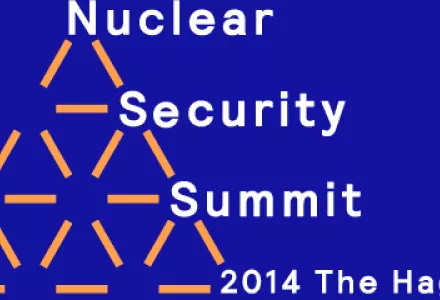Preventing Nuclear Terrorism: Prospects for the Upcoming Summit
A panel discussion on the Nuclear Security Summit 2014 with: Matthew Bunn, Laura Holgate, Samantha Pitts- Kiefer, and Gary Samore (moderator)
A panel discussion on the Nuclear Security Summit 2014 with: Matthew Bunn, Laura Holgate, Samantha Pitts- Kiefer, and Gary Samore (moderator)

A panel discussion regarding the Nuclear Security Summit 2014 in The Hague:
Matthew Bunn
Professor of Practice; Co-Principal Investigator, Project on Managing the Atom, Harvard Kennedy School
Laura Holgate
Senior Director, WMD Terrorism and Threat Reduction, National Security Council
Samantha Pitts- Kiefer
Senior Program Officer, Nuclear Materials Security Program, Nuclear Threat Initiative
Gary Samore (moderator)
Executive Director, Research, Belfer Center for Science and International Affairs, Harvard Kennedy School (Former White House Coordinator for Arms Control and WMD Terrorism)
No RSVP required. Open to the public.
As always, the Forum will be webcast live via the JFK Jr Forum website, and can be viewed later.
The Nuclear Security Summit 2014, set for March 24-25 in The Netherlands, is a world summit aimed at preventing nuclear terrorism around the globe. The goal of the summit is to compose a joint communique that contains clear agreements to prevent nuclear terrorism by reducing stockpiles of hazardous nuclear material around the world, better securing nuclear material, and intensifying international cooperation.
The Nuclear Security Summits were initiated by President Obama, who pointed out the dangers of nuclear terrorism in a speech in Prague in 2009. The first NSS was held in Washington D.C. in 2010, followed by a second summit in Seoul in March 2012.